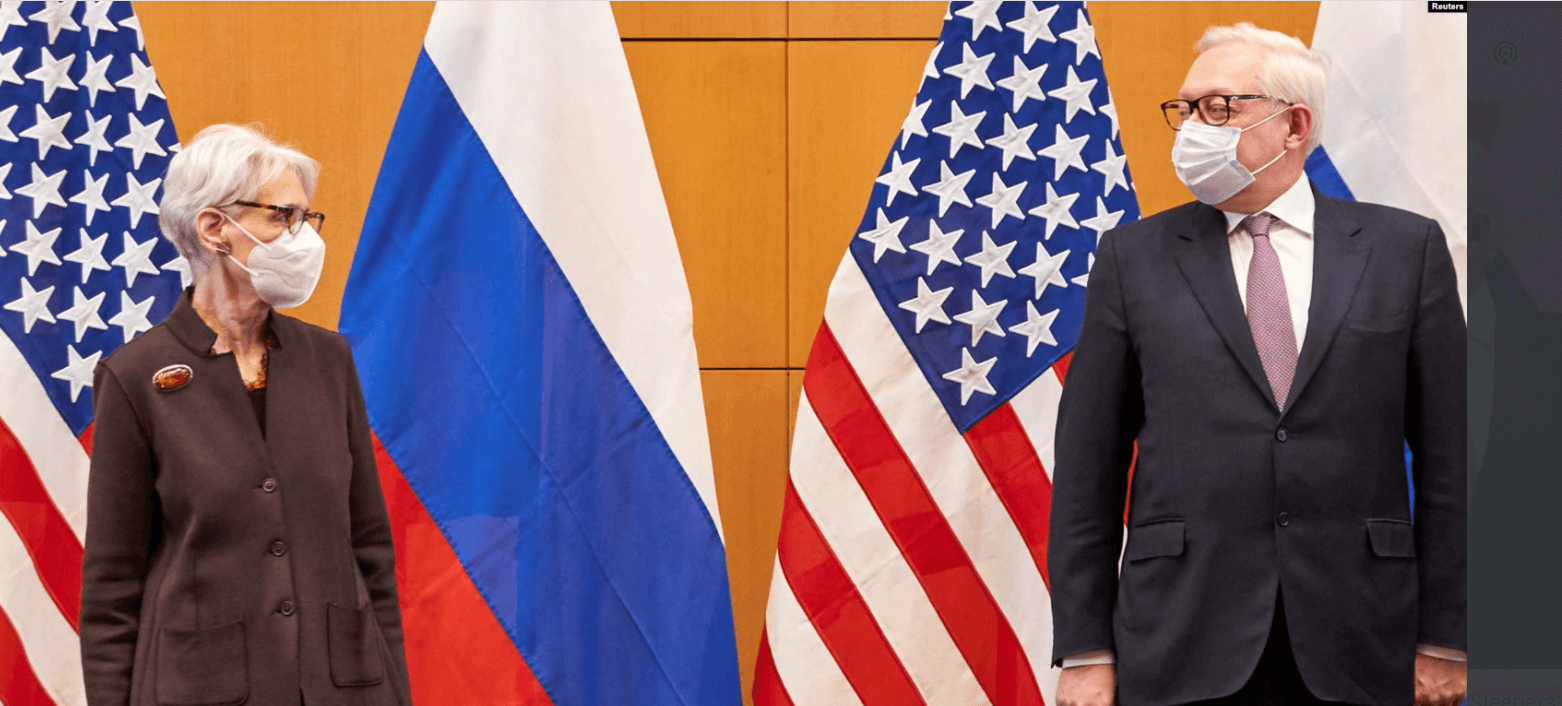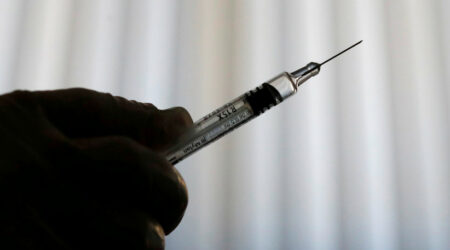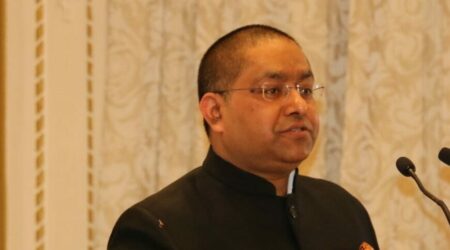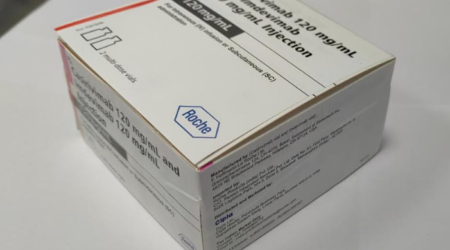New York: Diplomats from Russia and the US wrapped up their first round of high-stakes talks over the Kremlin’s sweeping security demands amid the threat of a Russian invasion of Ukraine that’s provoked the worst tensions since the Cold War.
The two sides scheduled separate briefings for later after a full day of negotiations between US Deputy Secretary of State Wendy Sherman and Russian Deputy Foreign Minister Sergei Ryabkov in Geneva. Both sides had expressed caution about the outlook for the negotiations before they started.
Russia is insisting on legally-binding guarantees of a halt to the North Atlantic Treaty Organization enlargement and an end to the alliance’s military presence in eastern and central European nations that joined the bloc since 1997. The US has dismissed that as unrealistic, offering instead to curtail missile deployments and exercises in the region.
Russia has amassed more than 100,000 troops near Ukraine, prompting warnings in Washington and Kyiv of the risk of an incursion into the ex-Soviet neighbor. The Kremlin denies it’s planning to attack, but says it’s responding to increased NATO activity on its borders and the threat of a Ukrainian offensive against Russian-backed separatists in the eastern Donbas region. Ukraine has rejected accusations of any planned invasion.
The US and its allies have threatened to impose punishing sanctions on Russia if it invades.
The talks in Geneva were the first of three sets of negotiations taking place this week. There will be Russian consultations with NATO in Brussels and discussions in Vienna under the framework of the 57-nation Organization for Security and Co-Operation in Europe a day later.
The US and its European allies are discussing a range of retaliatory measures if Putin does invade Ukraine, including cutting off Russia from Swift, the international payments system, limiting Russian banks’ ability to convert currencies, and imposing export controls on advanced technologies used in aviation, semiconductors and other components, as well as computers and other consumer goods in more extreme scenarios. (Hindustan Times)












